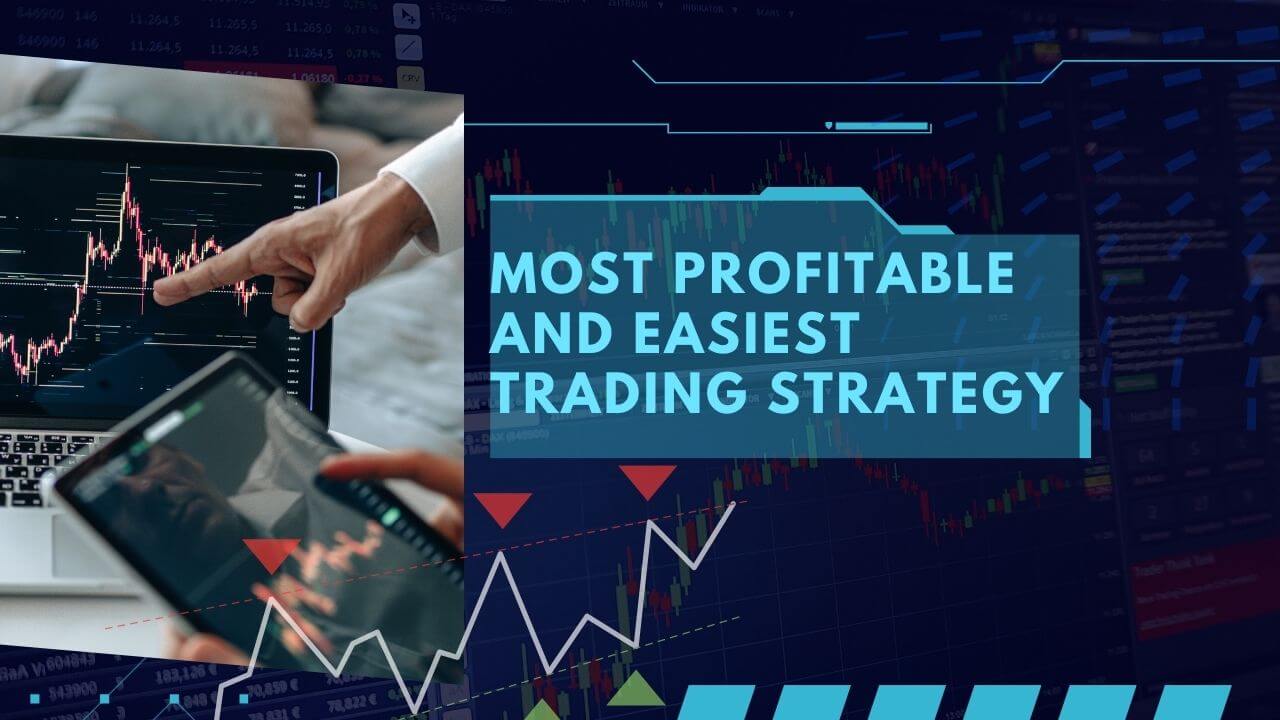Since the early days of the Industrial Revolution, there has been a close relationship between the number of jobs available and the state of the economy. When the economy is doing well businesses are expanding and hiring more workers. However, when the economy slows down or goes into recession businesses tend to cut back on their workforce.
This often leads to high unemployment rates and can have a ripple effect on the economy as a whole. When people are out of work, they have less money to spend, which can lead to even more job losses. Additionally, unemployed workers may become discouraged and stop looking for work altogether, which can further hamper the economy.
In this article, we’ll take a closer look at the connection between jobs and the economy, and how you can prepare for economic downturns.
Table of Contents
ToggleHow does the economy impact job?
The most obvious way that the economy impacts jobs is through the number of available positions. When the economy is booming, businesses are expanding and they need to fill more positions. However, when the economy slows down, businesses may start laying off workers or they may not hire as many new employees.
Additionally, the economy can impact jobs indirectly. For example, when the cost of living goes up, people may have less money to spend on non-essential items. This can lead to businesses reducing their workforce or even closing down altogether.

What are some economic indicators that can impact jobs?
Several different economic indicators can have an impact on jobs, some of the most common include:
1. GDP
Gross Domestic Product or GDP is a measure of all goods and services produced in a country. When GDP growth is strong, it usually means that businesses are doing well and hiring more workers. However, when GDP growth slows down it can lead to job losses.
2. Inflation
Inflation is a measure of how much prices of goods and products have increased over time. When inflation is high, it means that the cost of living is rising and people may have less money to spend on non-essential items. This can lead to businesses reducing their workforce or even closing down altogether.
3. Interest rates
Interest rates are one of the most important indicators of how the economy is doing. When interest rates are low, it means that businesses can borrow money more cheaply and this can lead to more jobs. However, when interest rates are high, it can lead to job losses as businesses may cut back on their workforce.
4. Wage growth/decline
If the economy does well, employers can offer higher wages to attract and retain workers. However, when the economy slows down, wage growth may slow down or even decline. It’s one of the most common indicators of an economic downturn as it directly impacts people’s spending power.
5. Unemployment rate
It only makes sense that the unemployment rate is one of the most important indicators of how the economy is doing. When the unemployment rate is high, it means that more people are looking for work than there are jobs available. This can have a ripple effect on the economy as unemployed workers may stop spending money altogether.
Example of how economic indicators can impact jobs
To better understand how economic indicators can impact jobs, let’s take a look at an example.
In 2008, the global economy went into recession and this had a direct impact on the job market. Businesses around the world started shedding workers and the unemployment rate rose to 10%. This had a ripple effect on the economy as people stopped spending money and businesses struggled to stay afloat.
The main reason for the recession was the housing market crash in the United States. As people were given loans they couldn’t afford, the housing market bubble eventually burst and this had a domino effect on the global economy.
This led to job loss, wage cuts, and a decrease in spending power. As a result, the recession lasted for several years and it took years to recover.

How to prepare for an economic downturn?
There are several things you can do to prepare for an economic downturn, including:
1. Create multiple sources of income
It’s not a good idea to rely on only one source of income. If you have multiple streams of income, you’ll be in a better position to weather an economic downturn. For example, if you have a job and you also earn money from investments or rental properties, you’ll be in a better position than someone who only has a job.
2. Invest in yourself
Investing in yourself doesn’t mean buying the latest gadgets or going on expensive vacations. Instead, it means investing in your education and career. The more skills you have, the more valuable you’ll be to employers and it will help you weather economic downturns as you’re less likely to lose your job.
3. Create an emergency fund
Human life is full of uncertainties and there is no way you can predict when an emergency will occur. Whether it’s a job loss, medical emergency, or something else, it’s always a good idea to have some money set aside for unexpected expenses. This will help you weather an economic downturn and make it through tough times.
4. Diversify your investments
Investing all your money in one stock or one type of investment is a risky move. If the stock market crashes or the investment goes sour, you could lose everything. Instead, it’s a good idea to diversify your investments, this means investing in different types of stocks, bonds, and other investments. This way, if one investment goes down, you’ll still have others in back up!
5. Stay disciplined with your spending
One of the worst things you can do during an economic downturn is to lose control of your spending. Just because the economy is struggling doesn’t mean you should go out and spend money you don’t have. Stay disciplined with your spending and only buy what is necessary. This will help you weather the economic downturn and come out on the other side in better financial shape.
Conclusion So, there you have it! Now you know the connection between jobs and the economy and what you can do to prepare for an economic downturn. As you can see, it’s important to be proactive and take steps to protect yourself. By following the tips above, you’ll be in a better position to weather any economic storms that come your way














